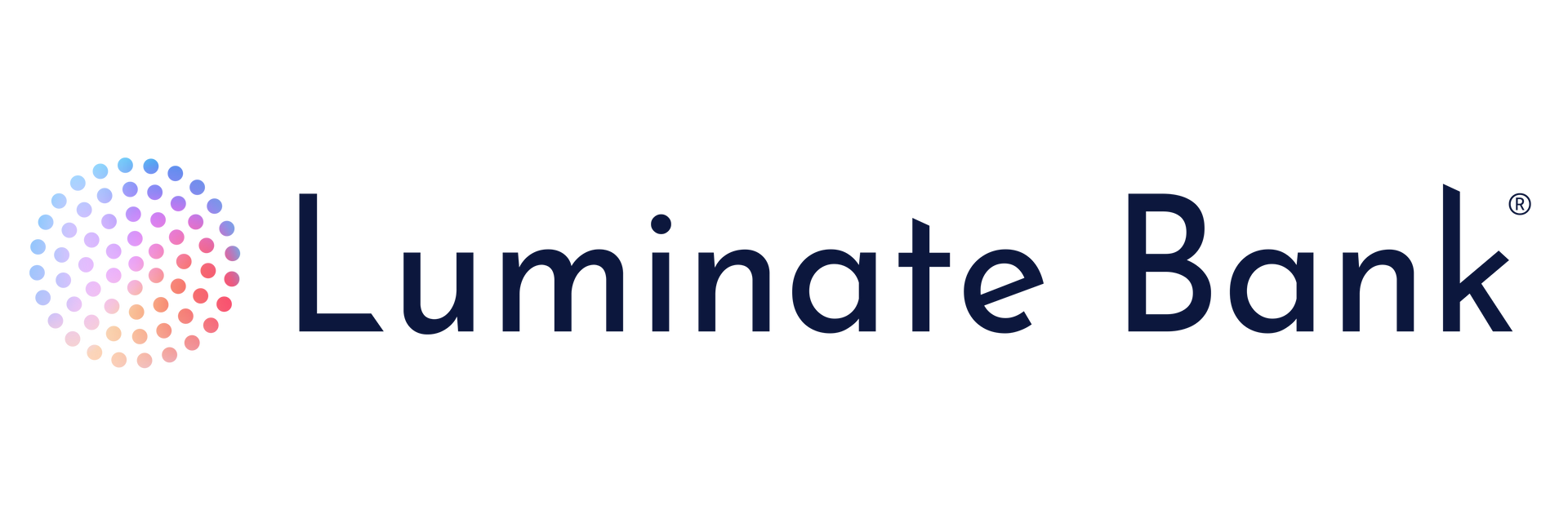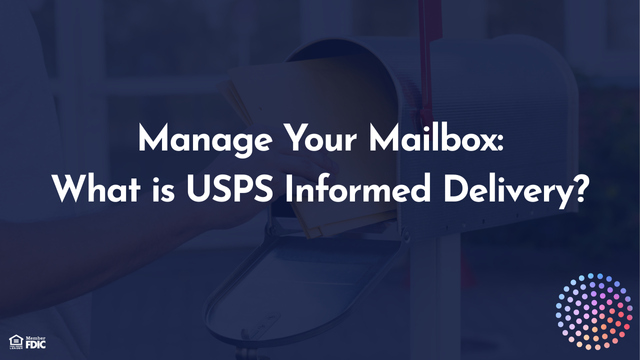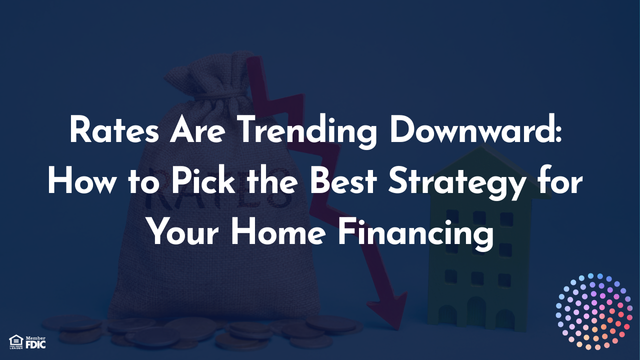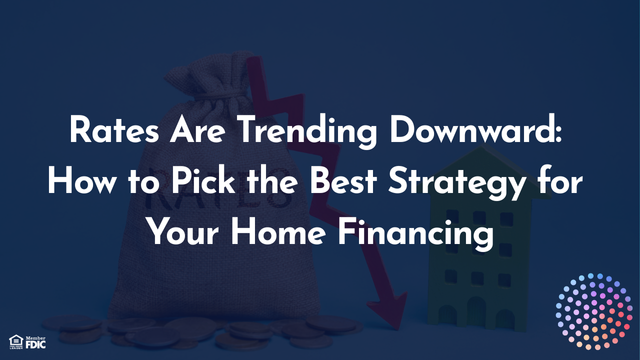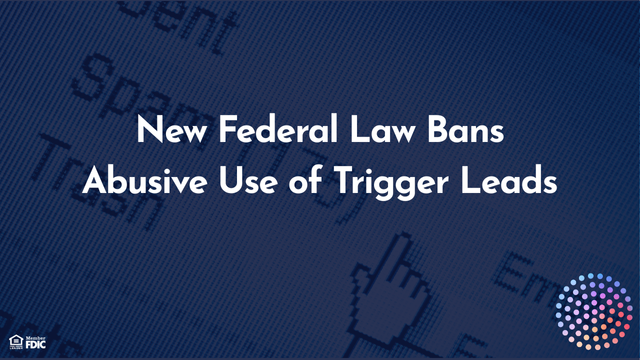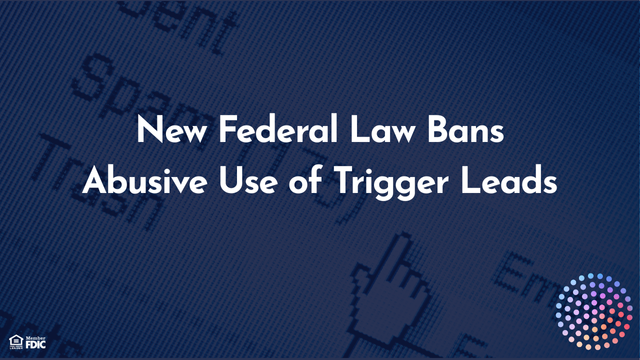How to Use Bank Statements to Qualify for a Mortgage
October 1, 2025
How to Use Bank Statements to Qualify for a Mortgage
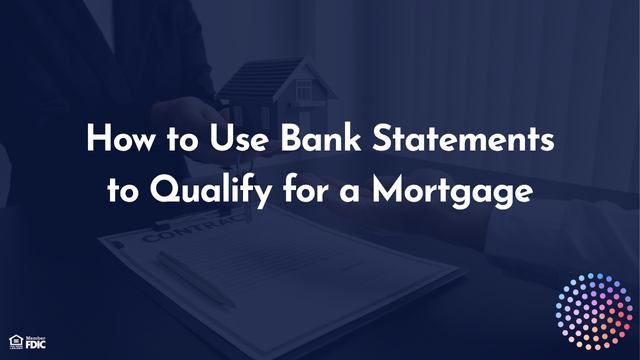
For many self-employed
professionals, freelancers, or small business owners, applying for a mortgage can feel like a challenge. Traditional loans usually require W-2s, pay stubs, and tax returns that don’t always reflect the true income of someone who works independently.
Bank statement loans make it possible to qualify using your bank statements instead of traditional income documentation. If your cash flow is steady but your paperwork doesn’t fit the standard mold, this option may be your key to homeownership.
A bank statement loan is a type of non-qualified mortgage (non-QM). Instead of verifying income with tax returns or pay stubs, lenders review your personal or business bank statements. By analyzing deposits over time, they can get a clear picture of your earnings.
This makes bank statement loans a viable option for entrepreneurs, independent contractors, and real estate investors whose income may not be easily captured by standard forms.
Bank statement mortgages are designed for people with non-traditional income, including:
Business owners and entrepreneurs: If you’ve been in business for at least a year or two and can show consistent deposits, you may qualify.
Freelancers, contractors, and consultants: Your income history is demonstrated through deposits, not W-2s.
Real estate investors: Rental income or other investment deposits can also count toward eligibility.
Instead of focusing on tax filings, lenders look at your bank activity. Here’s what you can expect to provide:
From there, your average monthly deposits are calculated to determine income. If you submit business bank statements, some lenders may apply an expense factor to account for operating costs.
No tax returns or W-2s required: Perfect if deductions or fluctuating income make tax documents misleading.
Flexible qualification standards: Lenders may be more adaptable with guidelines compared to conventional loans.
Longer loan terms: Some programs allow terms up to 40 years, helping to lower monthly payments.
Tailored to self-employed borrowers: Designed specifically with business owners and independent earners in mind.
If your income doesn’t fit neatly into a W-2 or standard tax return, a bank statement loan could provide the flexibility you need to buy a home. It’s an option worth exploring if you:
Ready to explore your options? Our team can walk you through the details of bank statement loans and help determine if this program is the right fit for you. Contact us today to schedule a consultation and take the next step toward your new home.
Bank statement loans make it possible to qualify using your bank statements instead of traditional income documentation. If your cash flow is steady but your paperwork doesn’t fit the standard mold, this option may be your key to homeownership.
What Is a Bank Statement Loan?
A bank statement loan is a type of non-qualified mortgage (non-QM). Instead of verifying income with tax returns or pay stubs, lenders review your personal or business bank statements. By analyzing deposits over time, they can get a clear picture of your earnings.
This makes bank statement loans a viable option for entrepreneurs, independent contractors, and real estate investors whose income may not be easily captured by standard forms.
benefits of bank statement loans
Bank statement mortgages are designed for people with non-traditional income, including:
Business owners and entrepreneurs: If you’ve been in business for at least a year or two and can show consistent deposits, you may qualify.
Freelancers, contractors, and consultants: Your income history is demonstrated through deposits, not W-2s.
Real estate investors: Rental income or other investment deposits can also count toward eligibility.
How Do Bank Statement Loans Work?
Instead of focusing on tax filings, lenders look at your bank activity. Here’s what you can expect to provide:
- 12–24 months of personal or business bank statements
- Proof of self-employment (typically 1–2 years in business)
- Qualifying credit history (requirements vary by lender)
- Qualifying debt-to-income ratio (DTI)
- Qualifying down payment (often 10–20%)
- Liquid assets, depending on the program
From there, your average monthly deposits are calculated to determine income. If you submit business bank statements, some lenders may apply an expense factor to account for operating costs.
Benefits of Bank Statement Loans
No tax returns or W-2s required: Perfect if deductions or fluctuating income make tax documents misleading.
Flexible qualification standards: Lenders may be more adaptable with guidelines compared to conventional loans.
Longer loan terms: Some programs allow terms up to 40 years, helping to lower monthly payments.
Tailored to self-employed borrowers: Designed specifically with business owners and independent earners in mind.
Is a Bank Statement Loan Right for You?
If your income doesn’t fit neatly into a W-2 or standard tax return, a bank statement loan could provide the flexibility you need to buy a home. It’s an option worth exploring if you:
- Are self-employed or run a business
- Have consistent deposits showing reliable cash flow
- Find that tax write-offs make your income look lower on paper than it really is
Ready to explore your options? Our team can walk you through the details of bank statement loans and help determine if this program is the right fit for you. Contact us today to schedule a consultation and take the next step toward your new home.
Recent Posts
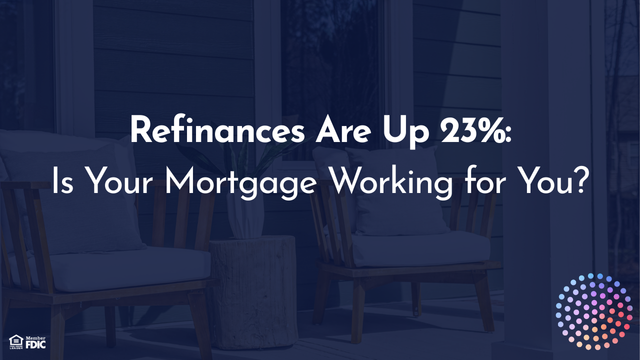
August 21, 2025
Refinances currently account for 46.5% of all mortgage activity. Is your home loan working for you?
More homeowners are taking a strategic, big-picture approach to their finances—and home equity is playing a big role in that shift. With high-interest debt, rising living costs, and growing home equity balances, many of
